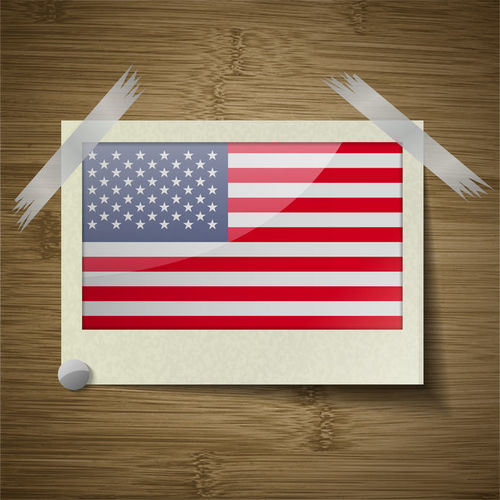Theatre is far more than just a wonderful afternoon or evening’s entertainment. It is a vehicle for social change, a means by which values and norms are challenged, and a forum for political discussion. It has been this way since the earliest days of the art form. Ancient Greek tragedies, Shakespearean romances and even modern comedies have been a means by which playwrights and performers communicate important messages.
Political Theatre
Political theatre refers to three different means by which the art form addresses politics and social norms. The first of these is that theatre which endeavors to comment directly on social or political issues. The second is a protest or action that uses theatrics to convey its messages, and the third is an action by politicians which seeks to make a point through its dramatic delivery. Here we will look at politics as they are used in theatre itself.
Ancient Days
As far back as Ancient Greece and beyond, performances were held which directly took on current events and societal problems. Theatre has always been a vehicle for social change. Political satire was an important theme in ancient theatres and had a strong influence on public opinions in ancient democratic societies and republics such as Athens and even Rome.
Indeed, these ritualized and complex performances not only had a strong effect on the social climate of early democracy, they opened the minds of those who viewed them and allowed for criticism and examination of controversial topics at the very heart of society. It could be theorized that without this vehicle, democracy as we know it wouldn’t exist today.
Medieval Works
Many scholars consider the works of Shakespeare to be exceptionally political. He was an expert at examining the inner workings of the political leaders of the time. Characters such as Hamlet, Macbeth and King Lear get into the inner workings of nobility and court politics as well as the minds and motivations of the upper class.
Newer Works
In the modern era, such diverse forms as cabaret, folk theatre and musical theatre have all offered their own takes on politics from corruption in democracy to socialism, communism and various ideas of utopia and dystopian themes.
In some cases, theatre is used as a metaphor for current political themes. Arthur Miller, for example, famously used The Crucible as a stark criticism of McCarthy’s witch hunt of the fifties. In the 20th and 21st centuries such performances as The Vagina Monologues and other feminist works have been seminal examples of how theatre can take on political and social issues.
Political Theatre Today
Regional and local theatre companies continue this time-honored process even today, taking on issues such as homosexuality, equal rights, corruption in the military and police and other important themes that affect us on a daily basis.
If you live in the Norcross area and would like to spend some time with a theatre company that approaches the art with diverse themes and social consciousness as well as the highest quality entertainment, take a look at our company and buy your tickets today!

